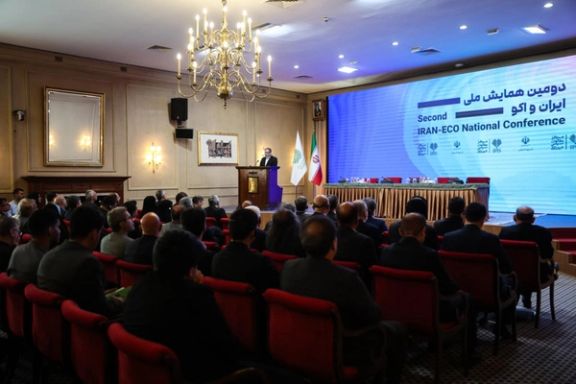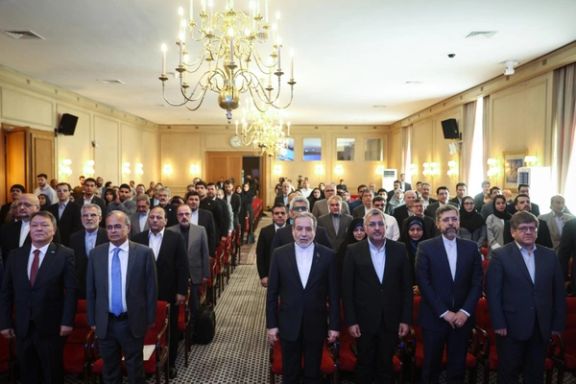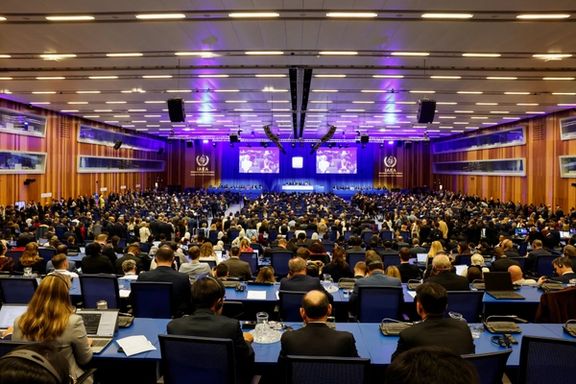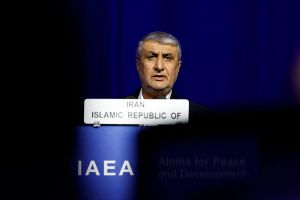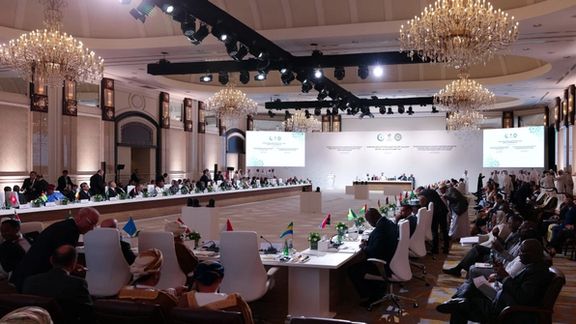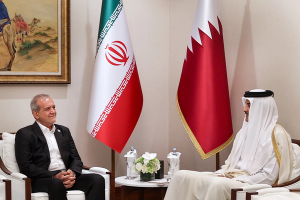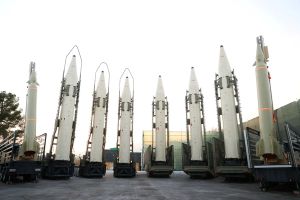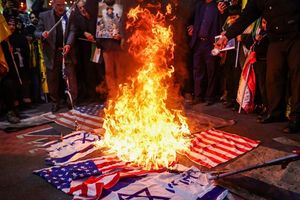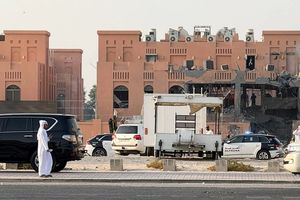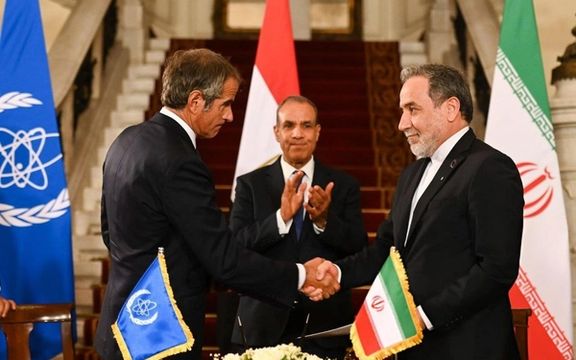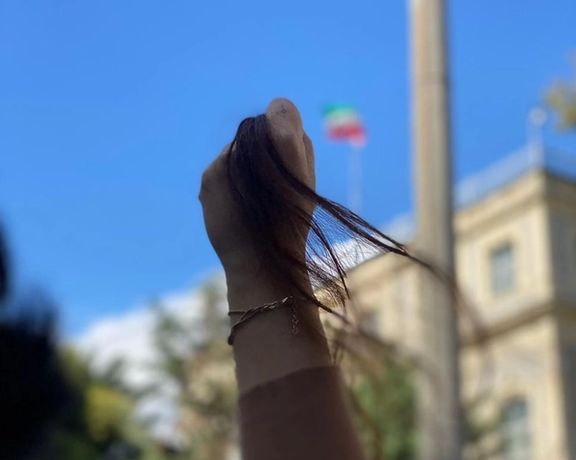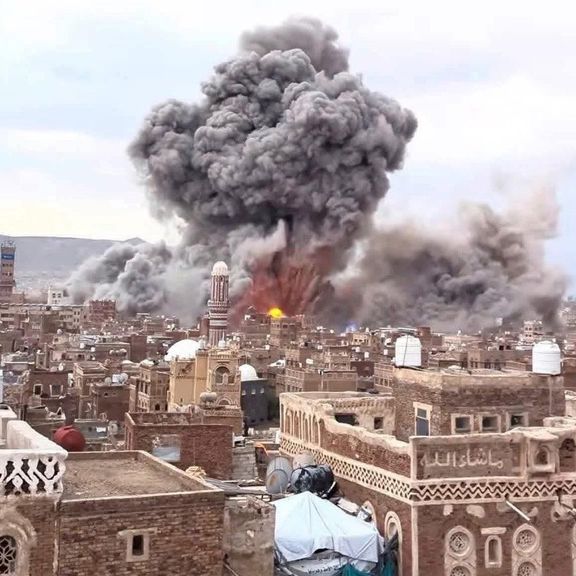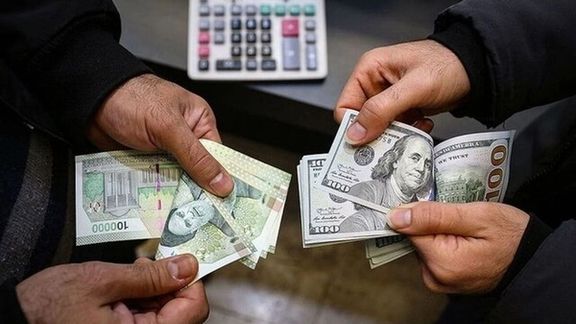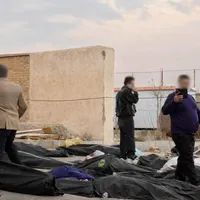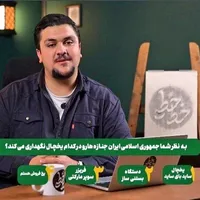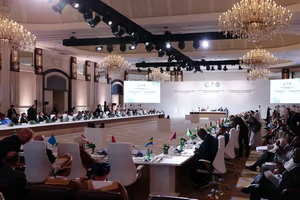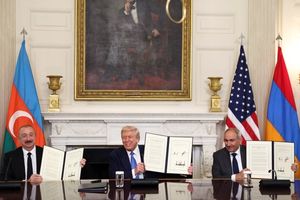While the Yemeni militia is launching almost daily drone attacks on Israel, its missile attacks have ebbed as the group struggles to get key supplies from Tehran.
It has recently turned to using Iranian cluster bombs in a bid to make the ballistic missiles more effective while using less missiles as air attacks with drones continue.
“The Houthis possess large quantities of drones and missiles of various types, but they realize that the conflict could drag on for many years," Yemen-based military expert Rashid Maalouf told Iran International. "Therefore, they avoid using these weapons extensively on a daily basis to preserve their strategic stockpile from depletion.”
He said successful interceptions by coastal forces loyal to Yemen's internationally-recognized government have impacted supplies to the group which controls most of the country's population centers since a civil war broke out in 2014.
“Although the Houthis already possess a large stockpile, they are careful to ration it, not because of the immediate shortage, but rather to ensure its long-term sustainability in anticipation of a prolonged conflict.”
On September 4, the Israeli military said it had intercepted five UAVs and two surface-to-surface missiles launched from Yemen.
“In recent months, as part of the cooperation between the Air Force arrays, dozens of unmanned aerial vehicles and surface-to-surface missiles launched from Yemen were successfully intercepted," the statement said.
A day later, Israel announced it had assassinated 12 senior officials from the group who had been gathered together at a meeting in Sanaa.
“The Houthi terrorist regime serves as a central proxy of the Iranian regime, which provides it with funding and weapons for terror activities against the State of Israel and other countries,” the statement said following the airstrike which killed officials including Prime Minister Ahmad Al-Rahawi and other ministers.
Israeli strikes on the Yemeni capital Sanaa and Houthi-held north on Wednesday which in part targeted military and government news outlets supporting the group killed 35 people according to the health ministry and landed on the outskirts of the ancient old city.
On Friday, the Israeli military said 10 Houthi drones had been downed in the previous week. In the early hours of Saturday morning, a Houthi missile was intercepted.
Shortly after the Hamas-led October 7, 2023 attack on Israel, the Houthis announced they would interdict shipping off Yemeni waters in solidarity with Palestine.
Despite frequent Houthi attacks on Israel for much of the last two years, most missiles and drones have been intercepted by air defense systems.
Notable lapses came in the form of a Houthi drone attack which killed an Israeli man in Tel Aviv last year and a missile attack which struck outside Israel's busiest airport in May.
In response, Israeli air attacks have killed scores of people, destroyed Yemen's civilian air fleet and targeted ports and energy infrastructure.
Still importing
Former Israeli military intelligence chief Danny Citronowicz told Iran International that the Houthis are facing logistical challenges to manufacture weapons, seen by the focus on drone attacks.
While drones are mostly made domestically, he said, the group still relies on Iranian equipment such as the GPS capabilities.
“The Houthis are still importing weapons from Iran,” Citronowicz added. “They don’t have the ability to manufacture missiles so they’re getting them smuggled from Iran in pieces and putting them together."
“When the US stops the ships [smuggling parts] we see the capabilities they have, but the Houthis need the Iranians still,” added Citronowicz, who said that senior Quds Force commander Abdul Reza Shahla’i is on the ground coordinating the group in Yemen.
Under sanctions, the US has offered a $15m reward for information on his financial activities, networks and associates.
“The Houthis will find it very hard to sustain this ability to launch missiles without getting them from Iran. The ability to manufacture them in Yemen is very hard. They need the components from Iran," he said.
The more complex, the more Iranian
The Washington-based Council on Foreign Relations think tank said in a report that the Iran connection provides more sophisticated weaponry than the group could acquire on their own for both missiles and drones.
“Iranian support has bolstered the group’s fighting abilities, helping the Houthis gain and maintain military superiority within Yemen," it wrote in March.
Since November 2023, the Houthis have targeted over 100 international merchant vessels with missiles and drones, sunk two ships, seized one vessel and killed at least eight seamen.
Behnam Ben Taleblu, an Iran expert at the US think tank the Foundation for the Defense of Democracies (FDD), told Iran International that while the Houthis have local production capabilities, the more complex the projectile, the more likely the Houthis are to remain reliant on whole systems or component parts from Tehran.
"But the cheaper the platform, like drones, the more likely they will be able to develop systems with Iranian guidance in country," he said.
"Marrying that assumption with past US and Israeli strikes against Houthi missile launch, production, and storage sites, it’s apparent that both for strategic and cost purposes the terror group would transition to more drone than ballistic missiles strikes."
